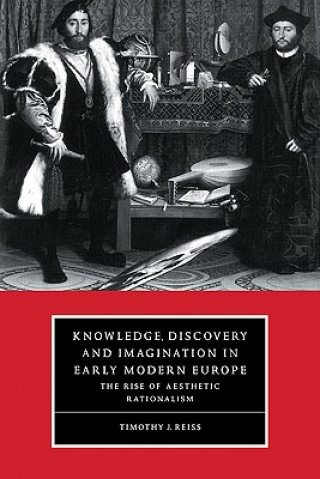
Kézbesítés
Vásárlási tanácsadó





Nem vált be? Semmi gond! Nálunk 30 napon belül visszaküldheti
 Ajándékutalvány
bármilyen értékben
Ajándékutalvány
bármilyen értékben
Ajándékutalvánnyal nem nyúlhat mellé. A megajándékozott az ajándékutalványért bármit választhat kínálatunkból.
Knowledge, Discovery and Imagination in Early Modern Europe
 Angol
Angol
 140 b
140 b
30 nap a termék visszaküldésére
Ezt is ajánljuk


Recent explanations of changes in early modern European thought speak much of a move from orality and emphasis on language to print culture and a 'spatial' way of thinking. Timothy J. Reiss offers a more complex explanation for the massive changes that occurred. He describes how by the late fifteenth century the language arts of the trivium had come to seem useful only for communication, teaching and public debate, and how humanists turned to the mathematical arts of the quadrivium - including music - to enable new means and methods of discovery. Reiss goes on to argue that the new 'mathematical' ideal formed the basis of wide sociocultural renewal; he analyses Northern vernacular grammars, examines the work of French and Italian mathematicians, musicians and philosophers including Descartes, and censures such modern commonplaces as the supposed impact of print and 'spatial' thinking. He ends by exploring the broad impact of this 'mathematisation' of the Western imagination.
Információ a könyvről
 Angol
Angol




 Hogyan vásároljunk
Hogyan vásároljunk

























